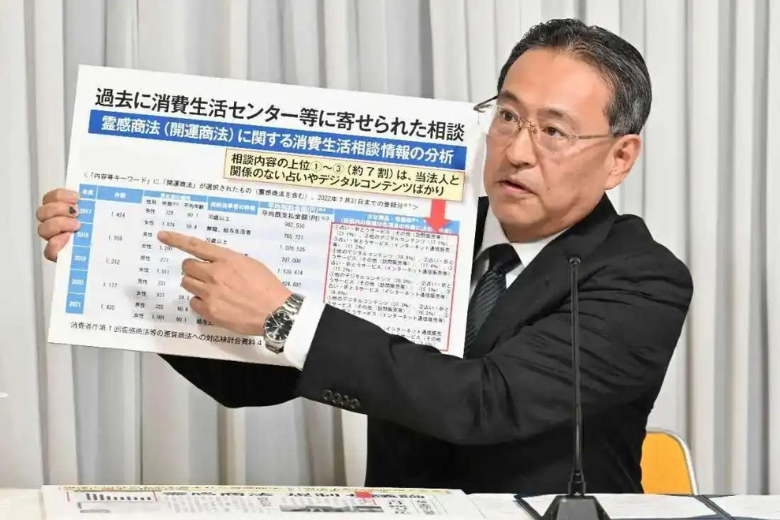Archbishop Joseph Nguyen Nang of Ho Chi Minh City, the head of the bishops’ conference, said that Catholics should continue to tend to people with disabilities, patients and domestic migrant workers, and couples who have marriage problems, elderly people, orphans and the abandoned.
Catholics attend a special Mass to mark the construction of a new church in Tea Hna parish in Kontum diocese on Nov. 23. (Photo: giaophankontum.com)
Bishop Louis Nguyen Anh Tuan, apostolic administrator of Ha Tinh diocese, urged people to pray to expect the coming of God by avoiding physical pleasures, lavish lifestyles, and drinking.
Bishop Aloisisus Nguyen Hung Vi of Kontum in the Central highlands said affluent Catholics in the ethnic minority-dominated diocese should come forward to help people who live in poverty, noting that the Covid-19 pandemic saw a drop in assistance coming from local Catholics.
The Cambodian government has launched its third social security payment system to assist thousands of poor people facing hardships due to a weak global economy, inflation, the Covid-19 pandemic and devastating floods.
Prime Minister Hun Sen signed a directive asking the Planning Ministry to determine who will qualify for cash assistance. The authorities said families considered “vulnerable to floods” have been identified in the capital Phnom Penh and in 15 provinces of central and southern Cambodia.

A homeless man lays on the floor as a couple wearing face masks walk past in Phnom Penh on June 23, 2020. (Photo: AFP)
Each family will receive a monthly allowance of 20 US dollars for the next three months. Individual family members will receive an additional monthly allowance of 4 US dollars, including the elderly and the disabled.
Families identified as “vulnerable to inflation” will receive between 20-25 US dollars, and each family member will receive an extra allowance ranging from 5-7 US dollars. Cambodia set up the first social safety fund last year with 200 million US dollars as World Bank reported an economic meltdown and the pandemic pushed 460,000 people into poverty.
Japan’s controversial Unification Church has allegedly siphoned millions from its followers through so-called “spiritual sales” over the years.
During a press conference last week, the Tokyo-based Japan Federation of Bar Associations said that about 50 percent of complaints over “spiritual sales” are related to the Unification Church. These sales are ones by which religious organizations sell goods or services at exorbitant prices promising supernatural benefits such as preventing bad luck or soothing the souls of deceased loved ones.

Hideyuki Teshigawara, general manager of reform promotion headquarters of the Japan branch of the Family Federation for World Peace and Unification (FFWPU), widely known as the Unification Church, answers questions during a press conference at the FFWPU Tokyo headquarters on Sept. 22, 2022. (Photo: AFP)
Until October, the church has been complicit in 309 of a total of 624 spiritual sales cases, and the complainants have lost more than 10 million yen or about 72,000 US dollars to the Unification Church. The church came under intense scrutiny following the assassination of former Japanese Prime Minister Shinzo Abe in July.
The suspected assassin, Tetsuya Yamagami, reportedly admitted to having a grudge against Abe for his alleged support for the church that is accused of ruining the suspect’s family after his mother donated about 1 million US dollars to the church.
The unprecedented protests in major cities of China over anti-Covid measures should serve as a wake-up call for the Communist regime and President Xi Jinping, says PIME priest and China expert, Father Gianni Criveller.
The priest noted that rare protests in late November in major cities were caused by institutional harassment and corruption, which are common in China. The protest was the first of its kind since Xi Jinping took office in 2012.

A Chinese policeman stands outside a residential compound under lockdown in the Jing’an district of Shanghai on Dec. 2. (Photo: AFP)
One remarkable feature was the protests started in Urumqi, the capital of Xinjiang province where Uyghur Muslims are subjected to a genocidal crackdown. The protests in Urumqi started after a fire killed 10 people confined in a high-rise apartment building and lockdown measures were blamed for the tragedy.
Father Criveller says though the authorities suppressed the protests effectively, they do warn about a growing dissatisfaction among citizens in an increasingly closed and autocratic regime, making them yearn for the freedom to determine their destiny.
Credit: Source link




